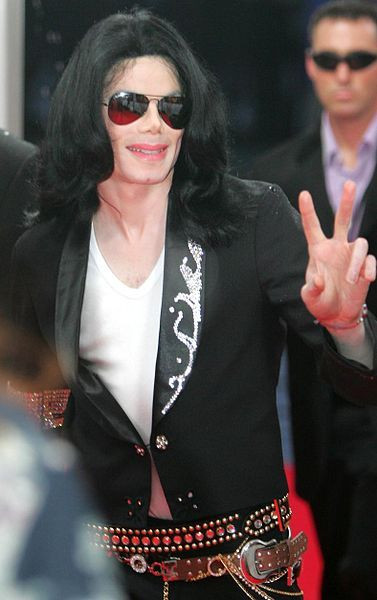Michael Jackson’s Death Four Years Later: Was He The Only Human In History To Go 60 Days Without REM Sleep?

As testimony in Michael Jackson's wrongful death trial entered its 35th day on Monday, Harvard Medical School sleep expert Dr. Charles Czeisler told the jury that the pop superstar's sleep cycle was so terribly damaged that it could have killed him, even if he had never overdosed on the anesthetic propofol.
"The symptoms that Mr. Jackson was exhibiting were consistent with what someone might expect to see of someone suffering from total sleep deprivation over a chronic period," said Czeisler.
CNN reported that Jackson may be the only human in history to go two months without rapid eye movement (REM) sleep. Rapid eye movement sleep occurs approximately 90 minutes into a person's sleep period. It is characterized by heightened brain activity, which means that it is the portion of the sleep cycle where the most intense dreaming occurs. Many believe that REM sleep is the only time when the body is truly at rest, making it critical to the brain and body.
"Like a computer, the brain has to go offline to maintain cells that we keep for life, since we don't make more," said Czeisler. "Sleep is the repair and maintenance of the brain cells."
Propofol, the drug administered to Jackson in hopes that he would get a restful sleep, disrupts the normal sleep cycle and prevents REM sleep. Dr. Conrad Murray, who was hired by the producers of Jackson's "This Is It" comeback tour, gave the pop star propofol infusions for a period of 60 nights as treatment for insomnia. Murray was apparently unaware that giving the drug to Jackson as a cure for his sleep deprivation was actually making his problem worse. The "coma" that propofol induces, said Czeisler, does not leave patients with the same refreshed feeling of restful sleep.
People working with Jackson behind the scenes — including his chef, hairstylist, and choreographers — testified that they noticed Jackson was acting strange. He was unable to perform his trademark dance moves, couldn't remember the words to songs, exhibited paranoia, and heard voices. Jackson also lost a huge amount of weight in the period prior to his untimely death.
"I believe that that constellation of symptoms was more probably than not induced by total sleep deprivation over a chronic period," testified Czeisler.
Czeisler explained that sleep testing on lab rats indicates that five weeks without REM sleep could prove fatal. Although similar testing has not been done on human subjects, Czeisler estimated that Jackson would have died before his 80th day of propofol infusions.
"It would be like eating some sort of cellulose pellets instead of dinner," he said. "Your stomach would be full, and you would not be hungry, but it would be zero calories and not fulfill any of your nutrition needs."
According to LiveScience, no one has ever died from lack of sleep alone. However, sleep deprivation has been liked to obesity, diabetes, and breast cancer. If Czeisler's assertions are correct, though, Jackson may be the first experiment in history of what happens when humans go for an extended period without restful sleep.
June 25, 2013 marks the fourth year since the King of Pop's death. The trial for a wrongful death lawsuit between his estate and the concert company AEG Live will complete its eighth week this Friday. Lawyers say the trial will likely last until early August.
Published by Medicaldaily.com



























